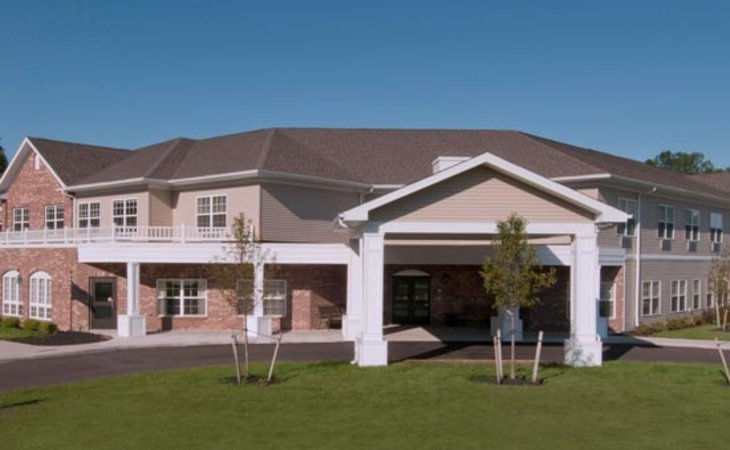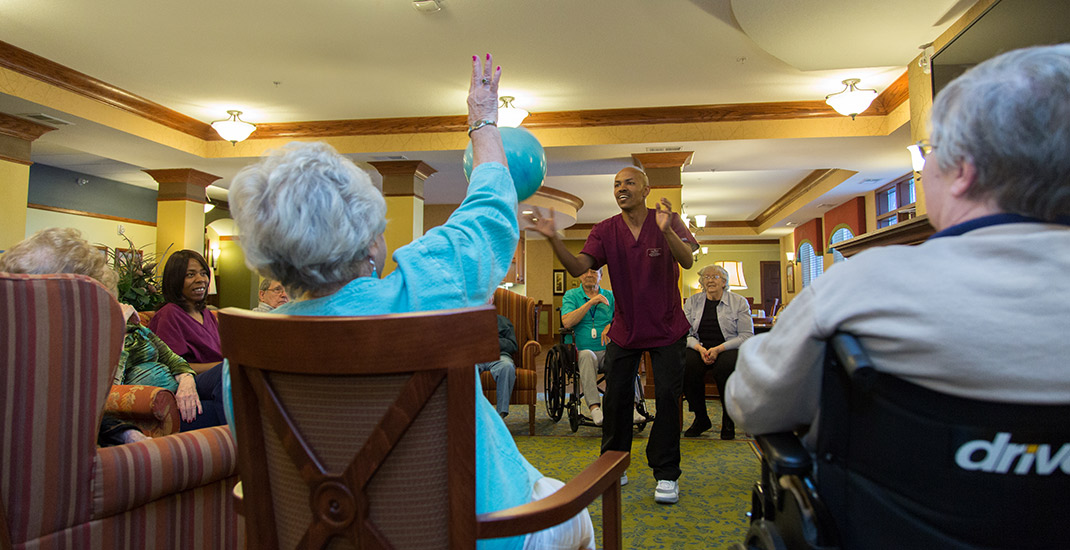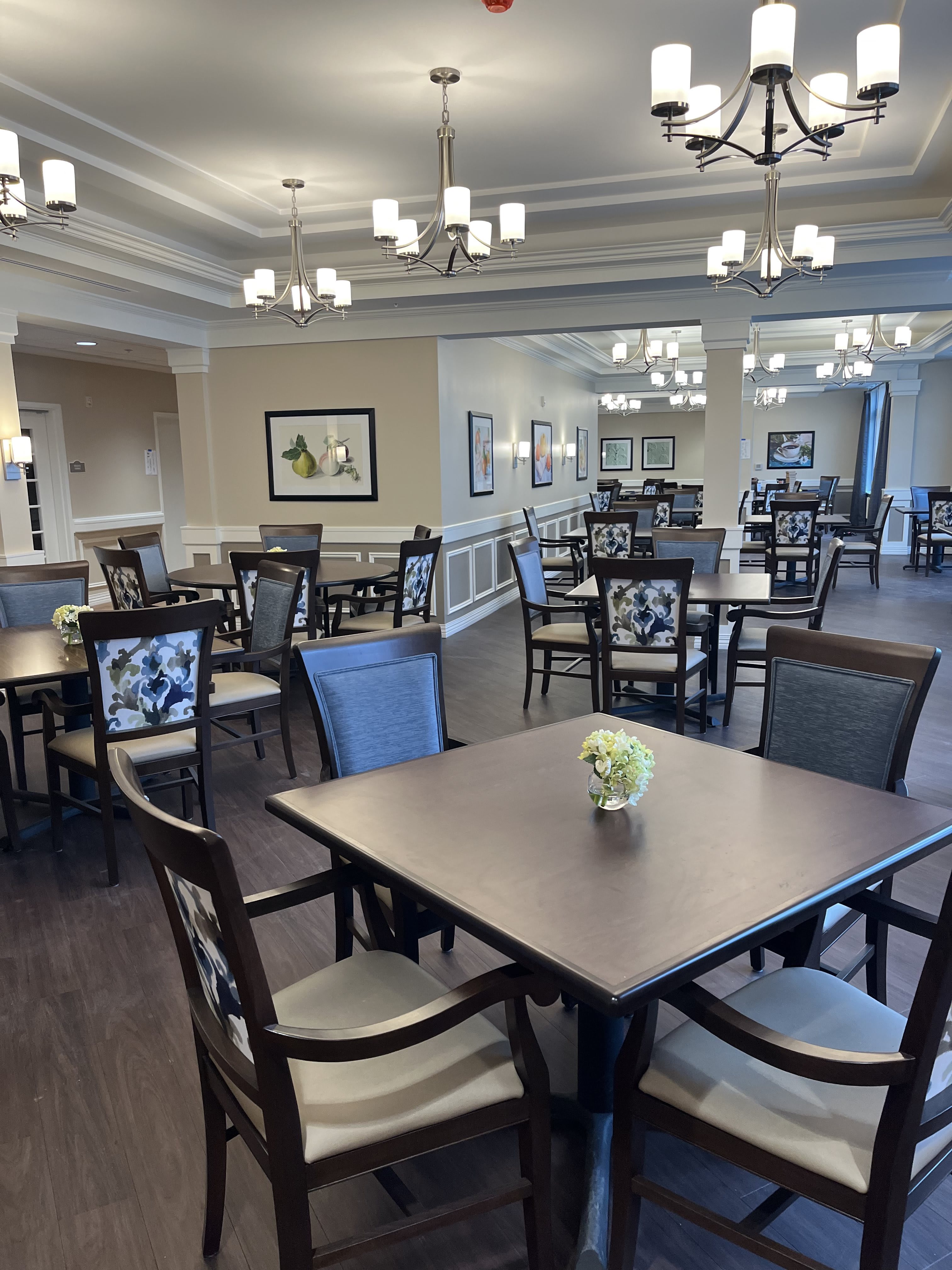Charlotte Memory Care: Specialized Look after Alzheimer's and Mental deterioration
Charlotte Memory Care: Specialized Look after Alzheimer's and Mental deterioration
Blog Article
What to Expect in Memory Care: An In-depth Overview to In-Home Provider
Navigating the landscape of memory look after a loved one can be a facility and psychologically charged experience. As families concern terms with the difficulties of taking care of someone with memory loss, the world of in-home solutions offers a lifeline of support and specialized care. Recognizing what to prepare for in memory treatment is essential for guaranteeing the wellness of both the individual with memory impairment and their caretakers. From customized day-to-day tasks to safety and security protocols and caretaker sources, this overview aims to clarify the comprehensive range of services available to those starting the journey of in-home memory treatment.
Daily Tasks and Routines
Participating in organized everyday tasks and regimens is a fundamental element of providing top quality care for individuals in memory care facilities. These tasks are carefully designed to satisfy the certain needs of locals with cognitive impairments, such as Alzheimer's illness or mental deterioration. Daily routines play an essential function in preserving a sense of knowledge, safety and security, and function for individuals in memory treatment.

Additionally, day-to-day routines assist individuals in memory treatment centers to really feel even more oriented and much less distressed. Uniformity in routines and activities can decrease complication and anxiety, giving a feeling of security and convenience. Caretakers and staff members play a vital duty in promoting these activities, making certain that each resident obtains individualized and caring care tailored to their distinct preferences and abilities.
Specialized Care Services
Within memory treatment facilities, specialized treatment services are vital to resolve the unique needs and challenges encountered by individuals with cognitive problems such as Alzheimer's disease or dementia. These services are made to give tailored support that deals with the specific needs of citizens managing amnesia. Specialized care services in memory care centers usually include personalized treatment plans, assistance with tasks of day-to-day living, medicine management, and behavior therapies focused on boosting quality of life and reducing distress.
Moreover, memory treatment facilities usually provide organized programs and tasks specifically designed to promote cognitive function and advertise social engagement amongst locals. These tasks may consist of memory-enhancing exercises, sensory stimulation therapies, and memory therapy sessions. In addition, specialized treatment services usually include normal monitoring of locals' health and wellness by experienced personnel who are outfitted to deal with the one-of-a-kind difficulties connected with cognitive decline.
Precaution and Atmosphere
Carrying out rigid safety procedures and developing a protected setting are paramount priorities in memory treatment centers to guarantee the wellness and defense of residents with cognitive disabilities. Safety and security in memory treatment starts with safe and secure building design, including locked doors and checked access to stop locals from roaming outdoors not being watched. Additionally, facilities commonly have alarm and surveillance video cameras to keep track of homeowners and react quickly to any emergencies. Inside, the atmosphere is very carefully prepared to lessen threats, with hand rails, order bars, and non-slip floor covering to stop falls. Furniture is arranged to facilitate easy navigating, and possibly harmful things are secured away or eliminated. Employee get specialized training in dealing with emergency situations, de-escalating tough actions, and making certain the security of homeowners in any way times. Routine safety assessments are conducted to recognize and resolve any kind of potential threats quickly. By focusing on precaution and maintaining a safe and secure setting, memory treatment centers aim to give a protective and calming setting for individuals with cognitive problems.
Communication and Engagement Methods
With a focus on promoting significant communications and boosting top quality of life, efficient communication approaches play an essential role in sustaining individuals in memory care centers. Interaction in memory care involves understanding the one-of-a-kind demands of residents who might have cognitive disabilities like dementia.
Interaction techniques are also click essential in memory treatment, assisting locals stay energetic, stimulated, and attached to their environments. Activities like songs treatment, art classes, memory sessions, and sensory stimulation can spark memories, enhance mood, and advertise socializing. Tailoring tasks to every individual's capabilities and passions is crucial to fostering involvement and a sense of achievement. Additionally, incorporating acquainted items, pictures, and music from the person's past can offer convenience and stimulate favorable memories. By focusing on customized interaction and engagement strategies, memory treatment centers can enhance the general well-being and high quality of life for their residents.
Caretaker Support and Resources
Given the crucial duty caretakers play in implementing effective communication and interaction approaches for residents in memory click reference care facilities, supplying ample support and sources is necessary to make certain the health of both the caregivers and the individuals under their care. Caregivers in memory treatment setups frequently face unique difficulties that can affect their physical and psychological wellness. To attend to these obstacles, different support group and resources are offered to help caregivers in supplying the very best feasible treatment.
One important type of support is caregiver education and learning and training programs. These programs furnish caretakers with the needed abilities and knowledge to successfully handle the symptoms and behaviors related to amnesia. Furthermore, support system use caregivers the opportunity to get in touch with others that are experiencing similar obstacles, supplying a feeling of area and understanding.

Verdict

Involving in structured everyday tasks and regimens is a basic part of offering top quality treatment for people in memory care centers.Within memory treatment facilities, specialized care services are essential to resolve the special demands and challenges dealt with by individuals with cognitive problems such as Alzheimer's disease or dementia. Specialized care services in memory treatment facilities often include individualized treatment strategies, assistance with activities of day-to-day living, drug management, and behavioral therapies intended at boosting top quality of life and decreasing distress.
Given the important duty caretakers play in implementing reliable interaction and involvement methods for homeowners in memory care facilities, giving appropriate support and resources is important to make sure the well-being of both the caretakers and the individuals under their care. Daily tasks, specialized treatment services, safety and security measures, interaction strategies, and caregiver support are vital parts of at home memory treatment.
Report this page